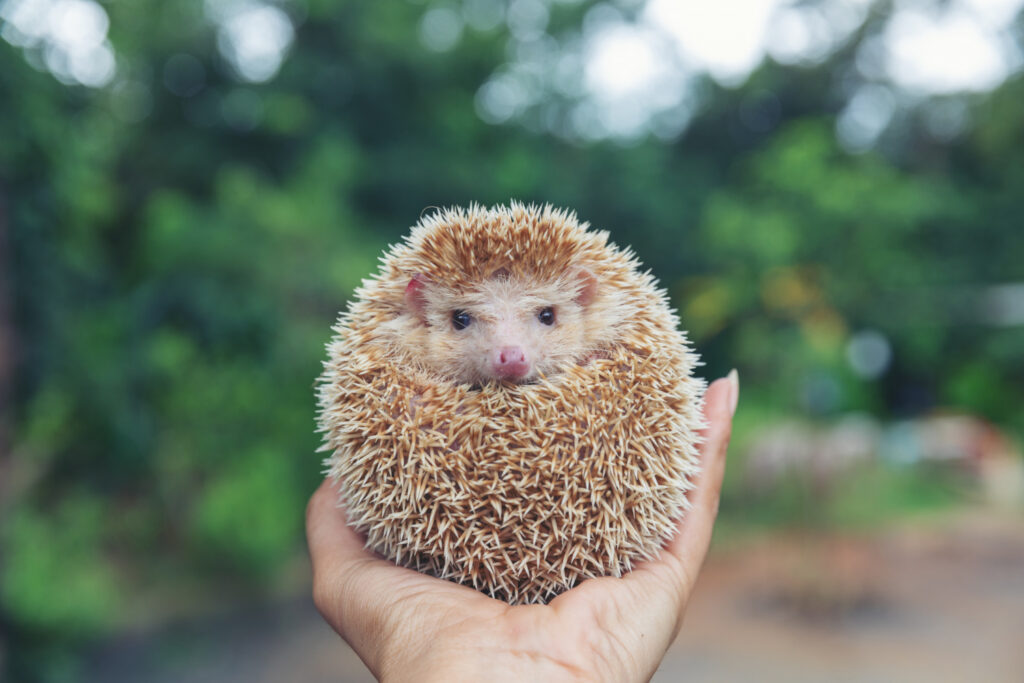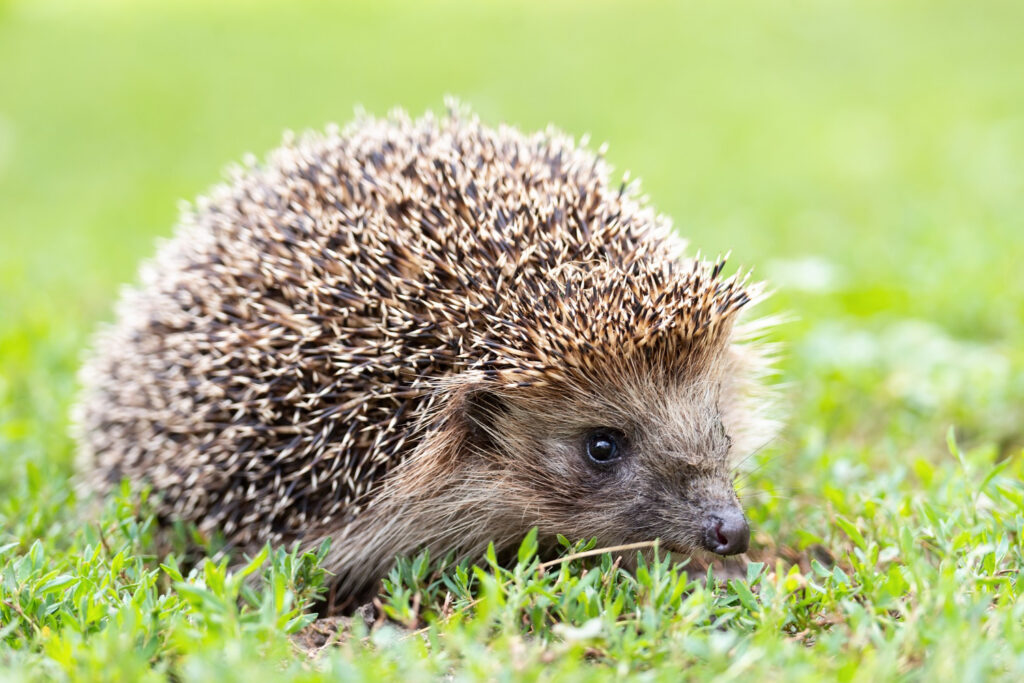Hedgehogs are fascinating creatures that have become increasingly popular as pets. Their unique appearance, low maintenance, and quirky personalities make them appealing to many pet lovers. But before bringing one home, it’s essential to understand their needs, behaviours, and care requirements. Owning a pet hedgehog is a long-term commitment that requires patience, knowledge, and proper setup to ensure they thrive in captivity.
Table of Contents
ToggleAre Hedgehogs Good Pets?
If you’re considering hedgehogs as pets, you may be wondering whether they make good companions. Hedgehogs are solitary animals that require patience and gentle handling. While they are not as social as dogs or cats, they can form bonds with their owners over time. They are nocturnal, meaning they are most active at night, which might not suit everyone’s lifestyle.
Hedgehogs are best suited for individuals who have time to interact with them during the evening and are comfortable with their unique characteristics. Since they don’t require constant attention, they can be great for people with busy schedules but still want a small pet to care for.
Pros and Cons
Pros:
- Low maintenance: Hedgehogs don’t need constant attention like dogs or cats.
- Unique and interesting personality: Their curious nature makes them fun to observe.
- Compact size: They don’t require large spaces, making them ideal for small apartments.
- Hypoallergenic: Unlike other furry pets, hedgehogs don’t shed much, making them suitable for allergy sufferers.
Cons:
- Nocturnal habits: They are most active at night, which may not align with everyone’s schedule.
- Can be shy or defensive: New hedgehogs take time to get used to human interaction.
- Require specific heating and humidity conditions: Proper environmental control is necessary to keep them healthy.
- Some veterinary care can be expensive: Exotic pet veterinarians can be costly compared to regular pet care.
Beginner Guide to Pet Hedgehogs
For first-time owners, understanding how to care for a this pet properly is crucial. Hedgehogs need a secure environment, a proper diet, and an exercise routine to remain healthy and happy. Here’s what you need to know:
- Setting up a habitat: They require a comfortable cage with sufficient space to move around.
- Dietary needs: Their diet should include high-protein food with occasional treats.
- Handling and socialization: Regular interaction helps them become more comfortable with humans.
- Health and hygiene: Monitoring their health and keeping their environment clean prevents diseases.

Best Habitat for Pet Hedgehogs
The right habitat is essential for a happy and healthy pet. Here are key elements to consider:
- Cage Size: A minimum of 2ft x 3ft is recommended. A larger space allows them to explore and exercise freely.
- Bedding: Avoid cedar or pine shavings, as they release harmful oils. Opt for fleece liners or aspen shavings.
- Temperature: These pets are prone to hibernation if the temperature drops below 72°F (22°C). Maintain their environment between 72-80°F (22-27°C) using a heat lamp or heating pad.
- Hiding Spots: They love privacy, so tunnels and small shelters help them feel secure.
- Exercise Wheel: A solid-surface wheel prevents injuries and ensures daily physical activity.
What Do Pet Hedgehogs Eat?
A balanced diet is vital for a pet hedgehog’s care. Their diet should consist of:
- High-quality cat food: Look for options that are low in fat and high in protein.
- Insects like mealworms and crickets: These provide natural nutrients and enrich their diet.
- Occasional fruits and vegetables: Safe options include apples, bananas, and carrots. Avoid toxic foods like grapes, onions, and chocolate.
- Fresh water: Provide water in a sipper bottle or shallow dish, ensuring they stay hydrated.
Avoid processed human foods and excessive treats, as hedgehogs are prone to obesity, which can lead to health problems like diabetes and fatty liver disease.
Hedgehog Pet Behaviour: What to Expect
Understanding its behaviour is essential for a happy pet-owner relationship. Here’s what you can expect:
- Self-Anointing: A common hedgehog behaviour where they spread saliva on their quills when they encounter new scents. This is normal and not a cause for concern.
- Nocturnal Activity: They sleep during the day and are active at night. They may make noises like snuffling or gentle clicking while exploring.
- Hissing and Puffing: These are defensive reactions. New hedgehogs may exhibit this behaviour, but it usually decreases as they get comfortable with their owner.
- Exploring: Hedgehogs love to roam, so supervised playtime outside their cage is beneficial for their mental stimulation.
How to Handle a Pet?
Handling your pet properly can help build trust and prevent stress.
- Approach them calmly and allow them to sniff your hand. This helps them get used to your scent.
- Scoop them up gently from underneath. Avoid grabbing them from above, as it can make them feel threatened.
- Use soft gloves if they are new or nervous. This protects your hands from their quills until they become more comfortable with you.
- Allow them to relax before stroking their quills. Rushing the process can make them curl up defensively.
- Spend time with them daily. Consistency is key to encouraging bonding.
Hedgehog Breeds: Which One is Right for You?
While there are several breeds, the most common pet species is the African Pygmy Hedgehog. Other types, such as European and Indian hedgehogs, are usually found in the wild and are not domesticated.
Hedgehog Care Tips for Beginners
If you’re new to owning a hedgehog, here are some essential care tips for beginners:
- Keep their cage clean and free from waste buildup.
- Provide fresh food and water daily.
- Maintain proper heating to avoid hibernation risks.
- Give them plenty of exercise to prevent obesity.
- Take them for regular vet check-ups, especially for dental health.
How to Care for a Hedgehog Long-Term
Their caring requires long-term commitment. They typically live between 3-6 years, and their health depends on consistent care. Always monitor their behaviour and weight, as sudden changes could indicate illness. Providing proper nutrition, a comfortable habitat, and regular interaction will ensure your hedgehog remains healthy and happy.

